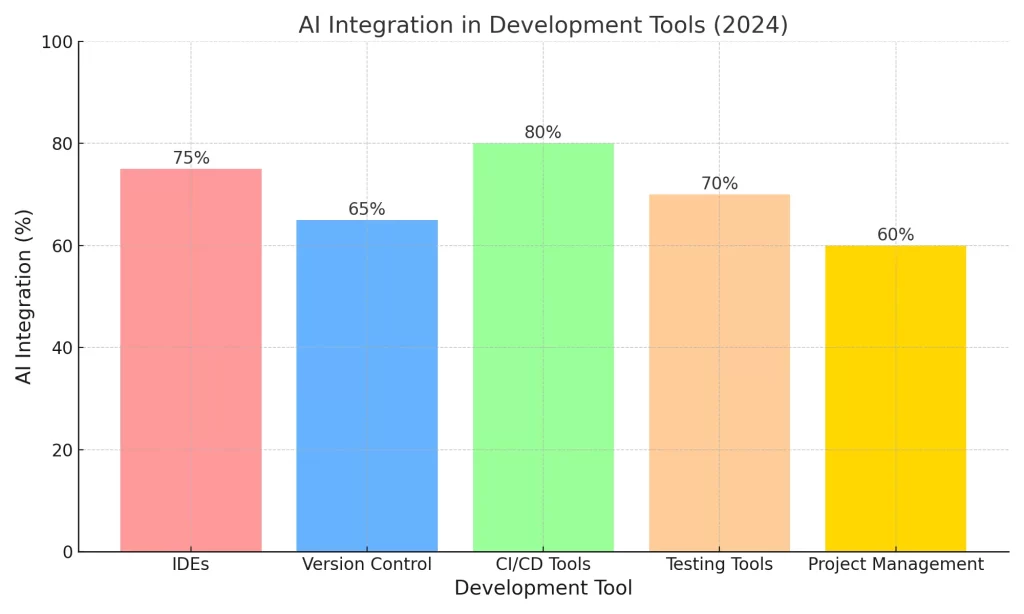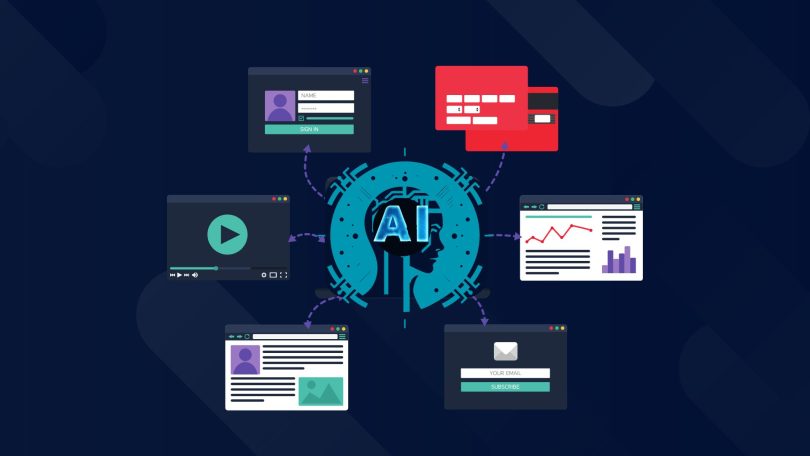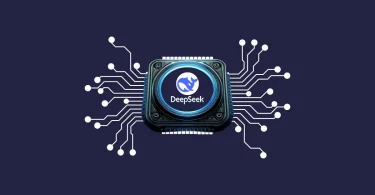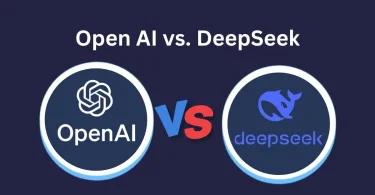AI is revolutionizing software development by automating repetitive tasks and streamlining code analysis. Developers are now leveraging AI to enhance productivity and speed up the development lifecycle . AI is penetrating into more and more industries and software development is not an exception. It has been playing a significant role in the software development; in the near 2025 developers can create better applications. In this article, we discuss the main tendencies associated with how AI is changing/revolutionizing software development and what one can expect in the future. Artificial Intelligence Playing Important Role in Current Era
AI is revolutionizing software development
AI Driven Code Generation
The most important of these developments is the use of Artificial Intelligence to generate code. Applications such as GitHub Copilot, which are based on OpenAI’s Codex, have already caused quite a stir, as they help developers write code much faster and with fewer mistakes. It is quite likely that by the year 2025, these tools will be able to develop whole functions or modules on their own from simple descriptions or specifications (from a prompt).
It is expected that the use of AI in code generation will enhance the speed of software development and at the same time reduce the risk of having bugs and other vulnerabilities. AI-assisted code generation involves the use of ML algorithms that are used to generate code based on certain specifications, a sector that is expected to grow rapidly; owing to the efficiency of the process in coding. In addition, debugging tools that are based on artificial intelligence are more effective in terms of detecting and eradicating bugs in comparison with other approaches.
AI in Testing and Quality Assurance
AI-assisted testing involves the application of AI techniques in testing activities such as the generation of test data, testing of the system, and evaluation of the results.
Project Management and Decision-Making
AI can change the approach to project management as it can provide the timelines, potential risks and resources needed. AI-integrated project management tools are expected to be even more common shortly, and help organizations in making proper decisions.
Personalized Software Solutions
AI can also help to develop software unique to each user as per his or her requirements. It can personalize the features and functionalities of software by studying the user’s behavior and pattern to improve the user experience.
Training, Development and Customized Learning
With the integration of AI in software development, the need for such skills will persist. AI is changing not only how software is produced but also how developers learn and improve. With AI technologies, learning programs can be tailored to a developer’s knowledge level, experience, and preferences. AI can also recommend courses, tutorials, and projects that align with a developer’s career path. Additionally, it helps developers stay updated on recent trends and advancements
AI in Continuous Integration/Continuous Deployment (CI/CD)
CI/CD pipeline is the key component of modern software development that allows delivering updates and new features quickly and safely. AI is expected to play a crucial role in CI/CD. It will handle code merging, conflict detection, and resolution, as well as deployment. Additionally, AI can oversee the CI/CD pipeline. This oversight can help detect any obstacles or issues in the development process . This will result in more effective and predictable deployment allowing organizations to release software far and with less risk.
Conclusion
AI is not just a fad in software development; it is a revolution. It will transform how software is designed, coded, and supported. The trends described in this article indicate that by 2025 . AI will be crucial for improving efficiency, quality, and innovation in software development. Developers and organizations must adopt these trends to stay relevant in an increasingly technological world. From AI code generation to AI testing and intelligent infrastructure. the future of software development is closely tied to the advancement of AI. This connection holds great potential for the digital revolution
AI Integration In Development Tools 2024





Leave a Comment